The Care Management Solutions Market is currently characterized by a dynamic competitive landscape, driven by the increasing demand for integrated healthcare services and the need for improved patient outcomes. Key players such as Epic Systems (US), Cerner Corporation (US), and Optum (US) are at the forefront, each adopting distinct strategies to enhance their market positioning. Epic Systems (US) focuses on innovation through its robust electronic health record (EHR) systems, which facilitate seamless data sharing among healthcare providers. Cerner Corporation (US), on the other hand, emphasizes strategic partnerships to expand its service offerings, particularly in telehealth and remote patient monitoring. Optum (US) leverages its extensive data analytics capabilities to optimize care management processes, thereby enhancing operational efficiency and patient engagement. Collectively, these strategies contribute to a competitive environment that prioritizes technological advancement and patient-centric solutions.
In terms of business tactics, companies are increasingly localizing their operations to better cater to regional healthcare needs, which appears to be a response to the diverse regulatory landscapes across different countries. The market structure is moderately fragmented, with several players vying for market share, yet the influence of major companies remains substantial. This competitive structure fosters innovation, as companies strive to differentiate themselves through unique service offerings and technological enhancements.
In August 2025, Epic Systems (US) announced a partnership with a leading telehealth provider to integrate virtual care solutions into its EHR platform. This strategic move is likely to enhance patient access to care, particularly in underserved areas, and positions Epic as a leader in the telehealth space. The integration of telehealth capabilities into existing systems may streamline workflows for healthcare providers, ultimately improving patient outcomes.
In September 2025, Cerner Corporation (US) launched a new AI-driven analytics tool designed to assist healthcare providers in identifying at-risk patients more effectively. This initiative underscores Cerner's commitment to leveraging artificial intelligence to enhance care management. By providing actionable insights, this tool could potentially transform how providers approach patient care, making it more proactive rather than reactive.
In October 2025, Optum (US) expanded its care management services by acquiring a regional health technology firm specializing in behavioral health solutions. This acquisition is indicative of a broader trend towards integrating mental health services into primary care, reflecting an increasing recognition of the importance of holistic patient care. Such strategic actions may enhance Optum's service portfolio and strengthen its competitive edge in the market.
As of October 2025, the Care Management Solutions Market is witnessing significant trends such as digitalization, sustainability, and the integration of artificial intelligence. These trends are reshaping the competitive landscape, with strategic alliances becoming increasingly vital for companies seeking to enhance their service offerings. The shift from price-based competition to a focus on innovation, technology, and supply chain reliability is evident, suggesting that future competitive differentiation will hinge on the ability to deliver advanced, patient-centered solutions.
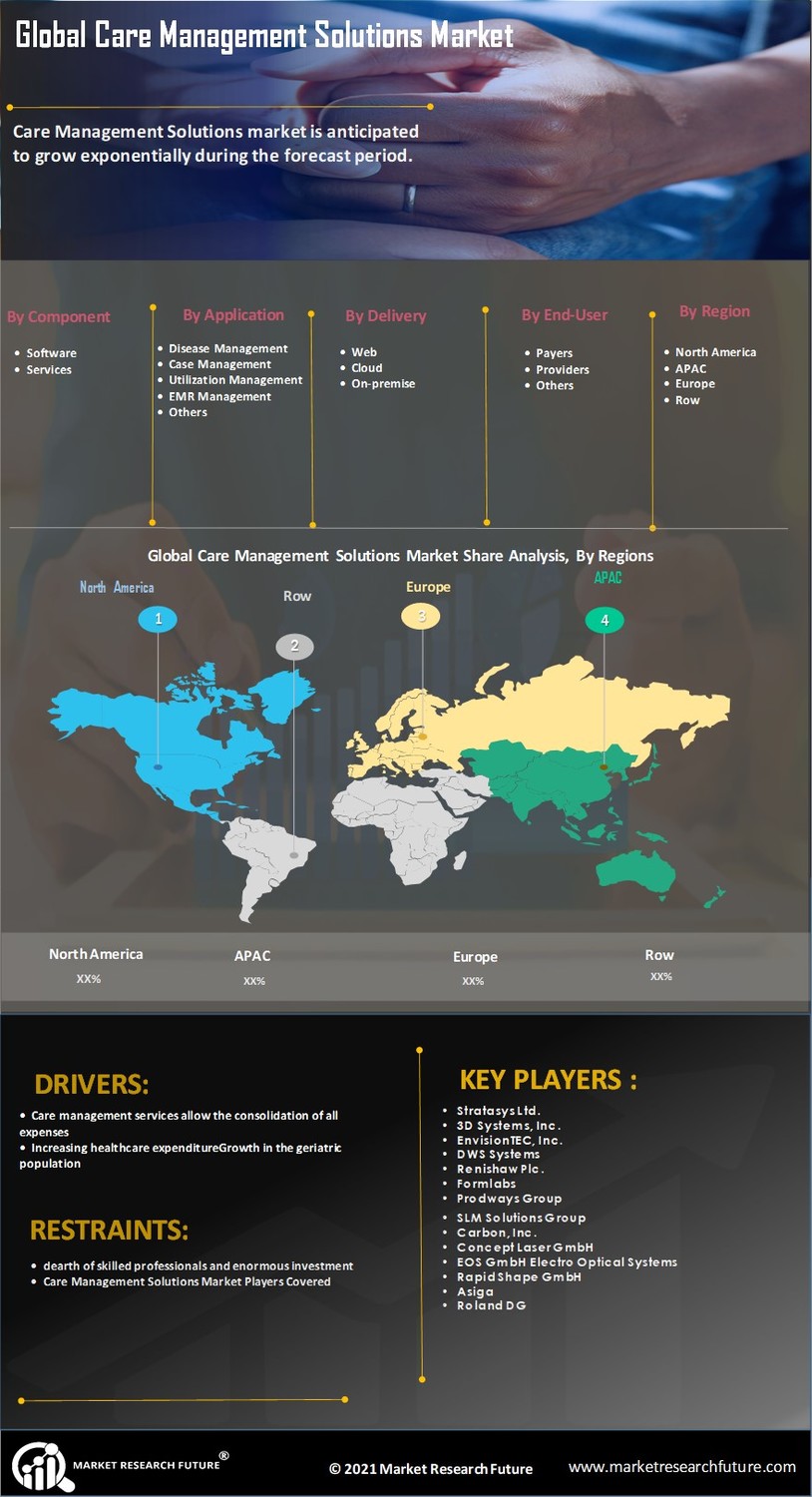

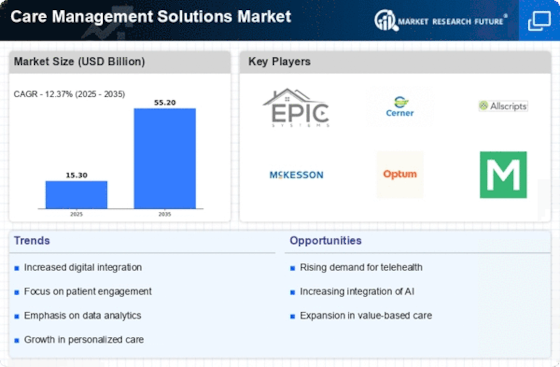
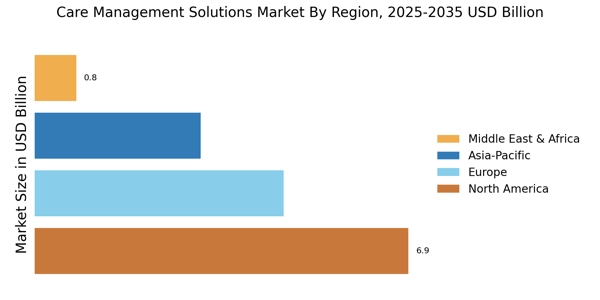


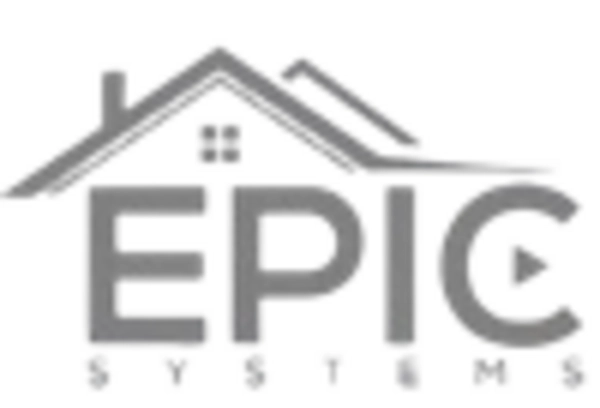

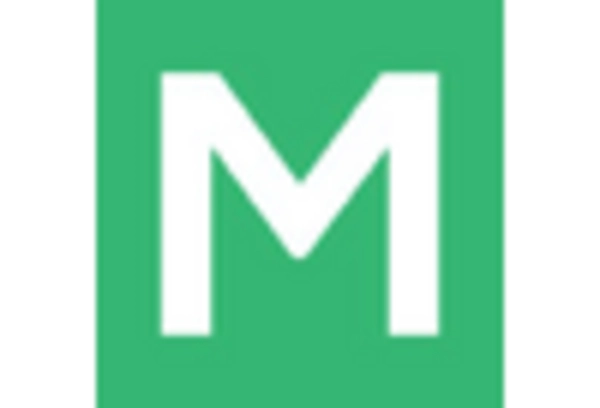
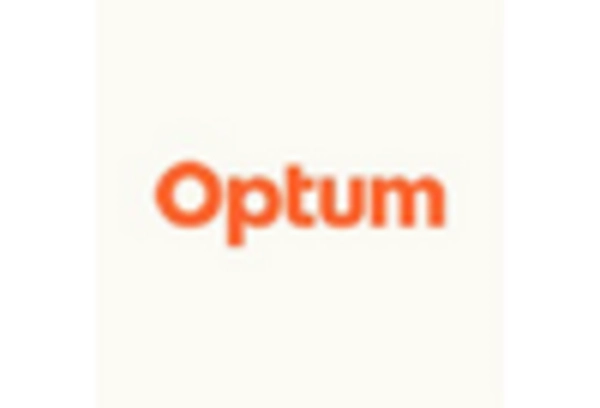








Leave a Comment